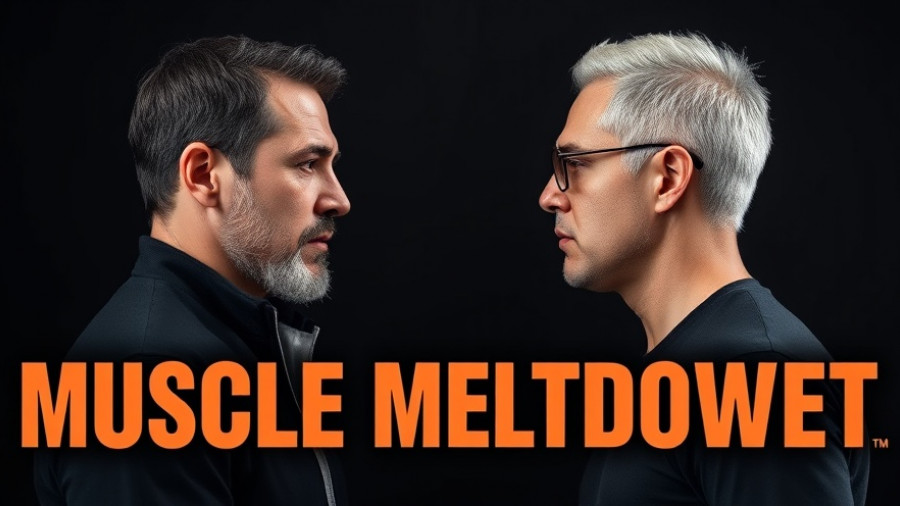
The Impact of Modern Parenting on Child Resilience
In today's society, there's a growing concern about the resilience, or lack thereof, in children due to modern parenting styles. Traditionally, parenting involved imparting essential life skills that equipped children to face various challenges. However, the recent trend toward gentle parenting might be contributing to a generation that feels increasingly fragile.
In 'Modern Parenting Mistakes That DESTROY Resilience!', the discussion dives into parental strategies affecting children's resilience, prompting deeper insights into effective approaches for raising stronger kids.
Understanding Resilience and Its Importance
Resilience is the ability to bounce back from setbacks, adapt to challenging circumstances, and maintain mental strength. It's not just innately developed; it's cultivated through experience and learning. A child who learns how to manage disappointment and overcome obstacles early on is much more likely to grow into a emotionally and mentally robust adult.
Comparative Perspectives: Past vs. Present Parenting Styles
In the past, children were often encouraged to deal with discomfort, whether through small failures or tough love. This allowed them to develop critical coping skills. Today's gentle parenting approach, while nurturing, runs the risk of shielding kids from reality, potentially hindering their ability to manage stress and adversity in adulthood.
Strategies to Foster Resilience in Children
To counteract the effects of gentle parenting and nurture a more resilient generation, consider implementing the following strategies:
- Encourage Problem-Solving: Allow children to encounter and work through their challenges, which fosters independence and decision-making skills.
- Introduce Mindfulness Meditation: Teaching children mindfulness practices can enhance their emotional regulation, helping them to remain calm and focused during stressful times.
- Promote Functional Fitness: Engaging in physical activities not only strengthens their bodies but also their minds, instilling perseverance and resilience.
Final Thoughts: Building a Resilient Future
As we navigate the complexities of parenting in a rapidly changing world, it is crucial to balance nurturing with the need to foster resilience. By equipping children with coping skills from an early age, we prepare them for the future, enabling them to become not just adults but high performers in various aspects of life. Embracing strategies rooted in biohacking and other longevity sciences can further enhance our approach to raising resilient children.



Write A Comment